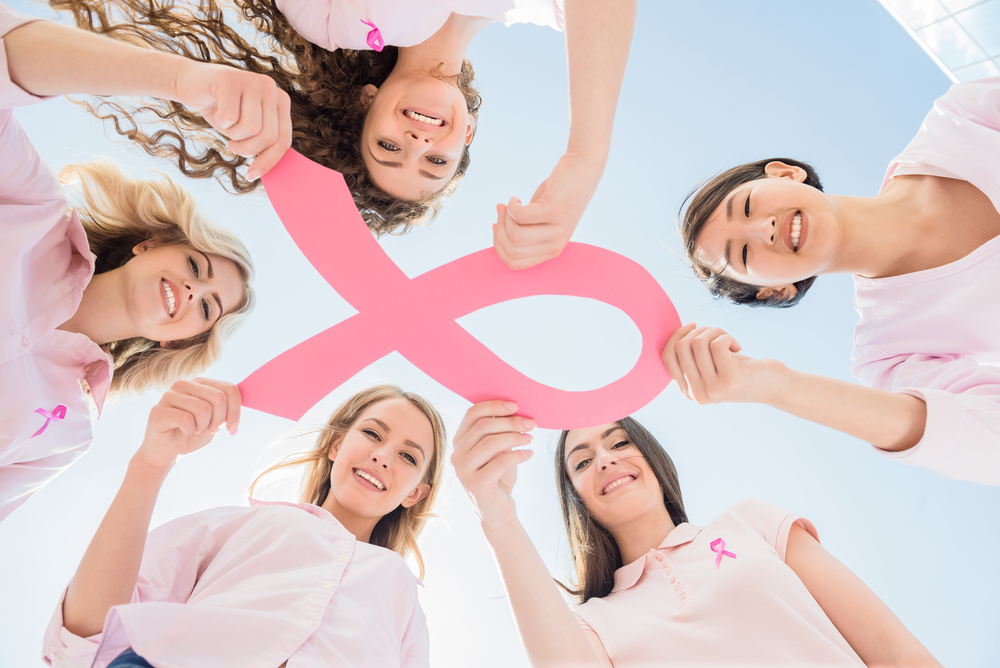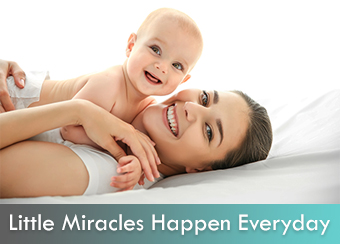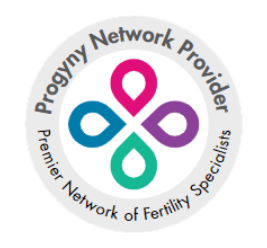A breast cancer diagnosis is always a heart stopper, but it is even more traumatic when you are a young woman, planning to have children in the future. Depending on the type of breast cancer you have, and they types of treatments required to beat it, there is a chance your fertility will be compromised.
The more you can do to understand the relationship between breast cancer and your future fertility – the better chance you have of conceiving a baby of your own when you’re ready.
Our advice is to seek a consultation with a fertility specialist if you are diagnosed with any kind of cancer while you are planning to have a family, or still in the process of growing your family. Oncologists specialist in cancer and cancer treatment but they may not have the best advice for fertility preservation. However, fertility specialists can work with you and your oncologist for the best possible outcomes.
Breast cancer treatments can affect fertility
While your treatment and recovery are the absolute first priorities, fertility preservation should be next on the list for younger women with breast cancer.
Some of the most common breast cancer treatments – like chemotherapy – can damage the ovaries and impede your ability to ovulate and/or conceive down the road. Certain chemotherapy agents, such as cyclophosphamide (also known as Cytoxan) are very good at destroying breast cancer cells, but equally effective at destroying the ovaries. After chemotherapy, many women end up in premature menopause with no remaining eggs in the ovaries. As the Susan G Komen foundation states, “…prognosis tends to be worse in women under 40 than in older women. Breast cancers in younger women are more likely to be fast-growing, higher grade and hormone receptor-negative [meaning it doesn’t need estrogen to grow]. Each of these factors makes breast cancer more aggressive and more likely to require chemotherapy.”
If you aren’t facing the types of cancer that are aggressive and fast-growing, you may find that you have a hormone receptor-positive cancer, which means the presence of estrogen (often a part of fertility treatment) can cause latent cancer cells to multiply more quickly. Also, women with hormone receptor-positive cancers are often encouraged to use tamoxifen for an additional five years, in addition to their chemo treatments. This means that your cancer physician may recommend treatment for five or more years before pregnancy can be safely attempted. If your cancer treatment starts at age 35 years, you may not even be able to attempt pregnancy until your early 40’s, which is often too late for many women, regardless of cancer and chemotherapy.
Match fertility preservation to your cancer treatment
The bottom line is that some breast cancer treatments make it harder for you to get pregnant – even after you’ve beat the cancer – and other cancer treatments can render you infertile altogether. Here is a brief rundown of some of the most common breast cancer treatments and what you can do to protect your future fertility chances.
Hormonal Therapy
We cited the tamoxifen example above. Other hormone therapies used to treat certain cancers include the use of Evista (chemical name: raloxifene) or Fareston (chemical name: toremifene). The results are the same – irregular or ceased periods while you’re on the medication and the risk that ovulation will be compromised after treatment is over.
Ovarian Shutdown
This treatment is often recommended for highly-aggressive, hormone receptor-positive cancers. By removing or shutting down the ovaries, the body doesn’t produce estrogen and then cancer is slowed down and less likely to return. Removing the ovaries renders women permanently infertile. Medication-based shutdowns, using Lupron or Zoladex, is a temporary shutdown and most young women will begin ovulating again once they stop taking the medication.
Fertility Solution: In both of these cases, talk to your doctor about freezing your eggs. This gives you the chance of having healthy egg stores that can be used to create embryos in the future.
Chemotherapy
Chemotherapy can cause infertility in both women and men. In the case of women with breast cancer, fertility after chemo is largely dependent on your age and the types of chemotherapy and dosage prescribed.
Women who are younger than 30-years have the highest fertility rates after chemo. Women aged 40 years and up have the lowest rates of fertility after chemo is over. This is because chemo seems to have a kick-start effect on menopause. Certain chemotherapy medications are more likely to cause infertility. These include Cytoxan (chemical name: cyclophosphamide), Platinol (chemical name: cisplatin) and Adriamycin (chemical name: doxorubicin).
Targeted Therapies
Certain types of cancers can be treated using targeted therapy. These therapies use drugs that specifically inhibit the production of proteins or hormones linked to the cancer’s growth. Targeted breast cancer therapies are newer, and so the verdict is still out on whether or not they affect fertility after treatment. However, there are positive reports of women becoming pregnant after using the targeted therapy Herceptin, used to treat earlier and metastasized HER2-positive disease after surgery.
In almost all cases, it is recommended that you wait at least 6-months to a year before trying to get pregnant after you’ve completely your cancer treatment. This gives your body a chance to restore itself and we all know that healthy bodies make for healthier pregnancies and babies.
If fertility is at all a concern for you, or you are already 30-years or older when you get your breast cancer diagnosis, give us a call here at NCFMC. (916) 773-2229. You can also contact us directly online. Together, we will review your diagnosis and the best treatment options available to preserve your life and your best chances of fertility preservation. We can also discuss future fertility treatment options should you need them down the road.





